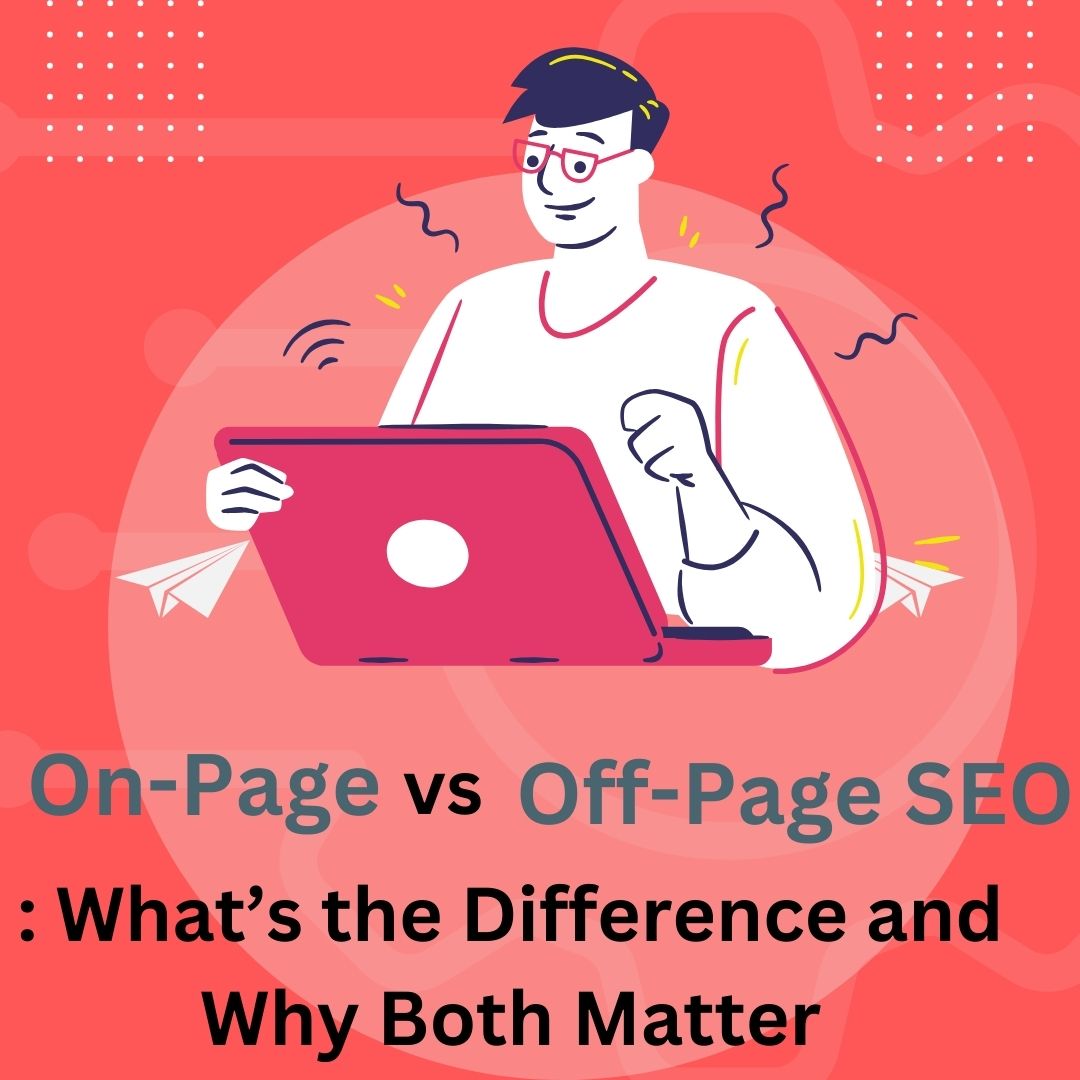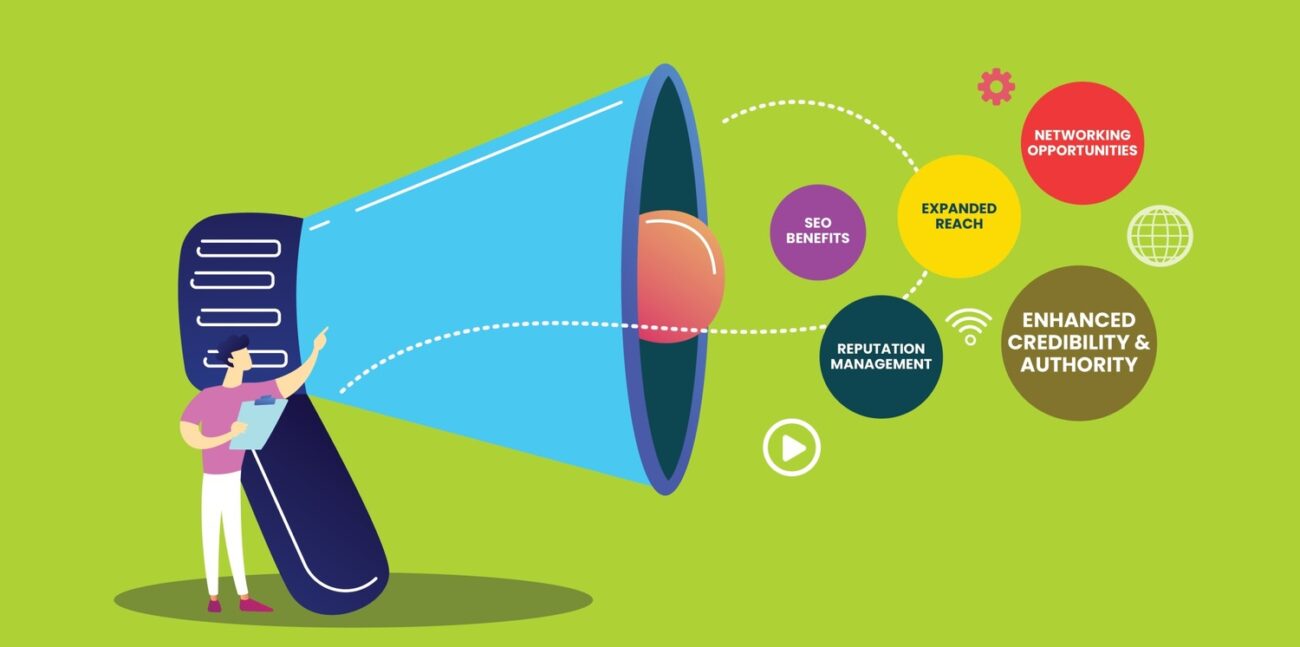In the ever-evolving landscape of digital marketing, Search Engine Optimization (SEO) plays a pivotal role in enhancing your website’s visibility on search engines. While many may focus solely on one aspect of SEO. Both elements work in tandem to improve search rankings, drive traffic, and ultimately, achieve business goals.
What is On-Page SEO?
On-page SEO refers to the optimization techniques applied directly on your website. It encompasses various elements that influence how search engines crawl and index your pages, determining their relevance for specific queries. Key components of on-page SEO include:
- Content Quality: High-quality, relevant, and engaging content is the cornerstone of on-page SEO. It should address the needs and interests of your target audience while incorporating relevant keywords naturally.
- Keyword Optimization: Identifying and strategically placing keywords throughout your content, headings, and meta tags is vital. Tools like Google Keyword Planner can help you find the right keywords to target.
- Meta Tags: Meta titles and descriptions play a significant role in improving click-through rates. Craft compelling and informative meta tags that accurately reflect the content of your pages.
- Internal Linking: Linking to other relevant pages within your website helps search engines understand the structure of your site and improves user experience.
What is Off-Page SEO?
Off-page SEO encompasses all the actions taken outside your website to improve its authority and ranking in search engine results. While it may not directly influence your website’s content, it significantly impacts your overall SEO strategy. Key components of off-page SEO include:
- Backlinks: High-quality backlinks from reputable sources signal to search engines that your content is credible and valuable. Focus on earning links through guest blogging, partnerships, and creating shareable content.
- Social Media Engagement: Active social media presence can drive traffic to your website and enhance brand visibility. Sharing your content on social platforms can lead to more backlinks and improved rankings.
- Online Reputation Management: Managing your brand’s online reputation through reviews, testimonials, and customer feedback can influence user perception and search rankings.
- Influencer Marketing: Collaborating with influencers can expand your reach and drive traffic to your site, enhancing your authority in your niche.
Why Both Matter
While on-page SEO focuses on optimizing your website’s content and structure, off-page SEO enhances its authority and relevance through external factors. Here’s why both are essential:
– Complementary Effects: On-page SEO lays the foundation for your website, ensuring it is user-friendly and search engine optimized. Whereas Off-page SEO, builds authority and credibility, driving more traffic to your site.
– Improved Rankings: Search engines like Google consider both on-page and off-page factors when determining rankings. A well-optimized site with strong backlinks is more likely to achieve higher search positions.
– Increased Visibility: A balanced SEO strategy increases your chances of appearing in relevant search results, attracting more organic traffic and potential customers.
Conclusion
In conclusion, a successful SEO strategy requires a harmonious blend of on-page and off-page techniques. By understanding their differences and implementing both effectively, you can enhance your website’s visibility, authority, and ultimately, your business’s success in the digital landscape.





